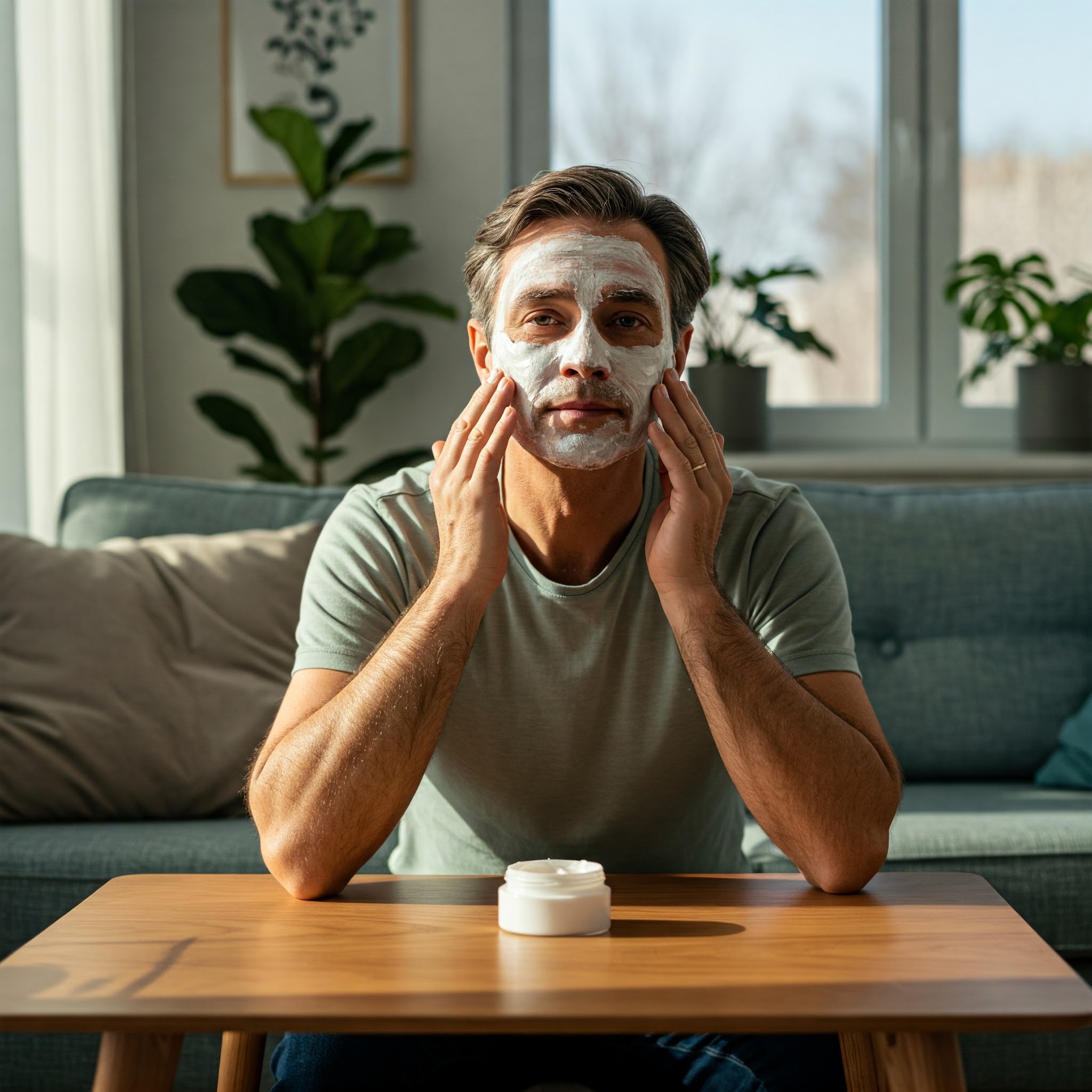
Best Face Masks for Acne-Prone Skin: Your Guide to Clearer Skin
Acne-prone skin requires special care and attention, and incorporating a face mask into your skincare routine can be a game-changer. Face masks offer a concentrated dose of beneficial ingredients that can help combat breakouts, reduce inflammation, and promote clearer, healthier skin. But with so many options available, finding the best face masks for acne-prone skin can be overwhelming. This comprehensive guide explores top-rated masks, key ingredients to look for, and tips for choosing the right mask for your specific needs.
Why Use a Face Mask for Acne-Prone Skin?
Face masks offer a targeted treatment for acne-prone skin, providing several benefits:
- Deep Cleansing: Masks can help draw out impurities, unclog pores, and remove excess oil, reducing the likelihood of breakouts.
- Reduced Inflammation: Masks with anti-inflammatory ingredients can help calm redness, soothe irritation, and reduce the size of blemishes.
- Targeted Treatment: Masks can deliver a concentrated dose of acne-fighting ingredients, such as salicylic acid or benzoyl peroxide, directly to the affected areas.
- Exfoliation: Masks with exfoliating ingredients can help remove dead skin cells, preventing clogged pores and promoting smoother skin.
- Hydration: While acne-prone skin is often oily, it can also be dehydrated. Masks with hydrating ingredients can help balance the skin’s moisture levels and prevent dryness.
Key Ingredients to Look for in Face Masks for Acne-Prone Skin
- Clay: Clay masks, such as those containing kaolin or bentonite clay, are excellent for absorbing excess oil and drawing out impurities.
- Salicylic Acid: This beta-hydroxy acid (BHA) exfoliates the skin, unclogs pores, and reduces inflammation.
- Benzoyl Peroxide: This powerful antibacterial ingredient kills acne-causing bacteria, reduces inflammation, and helps unclog pores.
- Sulfur: Sulfur has antibacterial and anti-inflammatory properties, making it effective for reducing acne breakouts.
- Tea Tree Oil: Tea tree oil has natural antibacterial and anti-inflammatory properties that can help soothe and heal acne-prone skin.
- Niacinamide: This form of vitamin B3 helps reduce inflammation, control oil production, and improve skin tone.
- Charcoal: Activated charcoal draws out impurities and toxins from the skin, helping to unclog pores and prevent breakouts.
- Hyaluronic Acid: This hydrating ingredient helps retain moisture in the skin, preventing dryness and irritation.
Top-Rated Face Masks for Acne-Prone Skin
1. Origins Clear Improvement Active Charcoal Mask
This mask features activated charcoal to draw out impurities and white China clay to absorb environmental toxins, leaving skin purified and refreshed.
2. Kiehl’s Rare Earth Deep Pore Cleansing Masque
This clay mask with Amazonian white clay helps purify and detoxify skin, reducing excess oil and minimizing the appearance of pores.
3. Glamglow Supermud Clearing Treatment
This powerful mask combines activated charcoal, six acids, and volcanic pumice rock to clear pores, control oil, and prevent breakouts.
4. Paula’s Choice Skin Perfecting 2% BHA Liquid Exfoliant
While technically an exfoliant, this product can be used as a mask for a more intense treatment. It contains salicylic acid to unclog pores and reduce inflammation.
5. REN Clean Skincare Glycol Lactic Radiance Renewal Mask
This mask combines glycolic acid and lactic acid to exfoliate the skin, reduce the appearance of pores, and improve skin tone.
6. The Body Shop Tea Tree Anti-Imperfection Night Mask
This overnight mask contains tea tree oil to help reduce blemishes and soothe irritated skin.
7. Innisfree Super Volcanic Pore Clay Mask 2X
This clay mask features volcanic clusters from Jeju Island to absorb excess oil and sebum, leaving skin feeling clean and refreshed.
8. Aztec Secret Indian Healing Clay
This deep-pore cleansing clay mask features bentonite clay to draw out impurities and detoxify the skin.
Choosing the Right Face Mask
- Skin Type: Consider your skin type (oily, dry, sensitive, combination) when choosing a mask.
- Acne Severity: Choose a mask based on the severity of your acne (mild, moderate, severe).
- Ingredients: Look for masks with ingredients that target your specific concerns, such as oil control, inflammation, or exfoliation.
- Frequency: Determine how often you should use the mask based on your skin’s needs and the product’s instructions.
Tips for Using Face Masks for Acne-Prone Skin
- Cleanse your face: Before applying a mask, cleanse your face with a gentle cleanser to remove dirt and makeup.
- Apply a thin layer: Apply a thin, even layer of the mask to your face, avoiding the eye area.
- Follow instructions: Leave the mask on for the recommended amount of time, usually 10-20 minutes.
- Rinse thoroughly: Rinse the mask off with lukewarm water and pat your skin dry with a clean towel.
- Follow up with moisturizer: Apply a light, oil-free moisturizer after using the mask to hydrate your skin.
- Don’t Overdo It: Don’t use masks too frequently, as this can irritate your skin. Start with once or twice a week and adjust as needed.
Conclusion
Incorporating a face mask into your skincare routine can be a valuable step in managing acne-prone skin. By choosing the right mask with beneficial ingredients and following the proper application techniques, you can effectively combat breakouts, reduce inflammation, and achieve clearer, healthier skin. Remember to consider your skin type, acne severity, and individual needs when selecting a mask. With the right mask and a consistent skincare routine, you can take control of your acne and achieve the healthy, radiant complexion you deserve.
